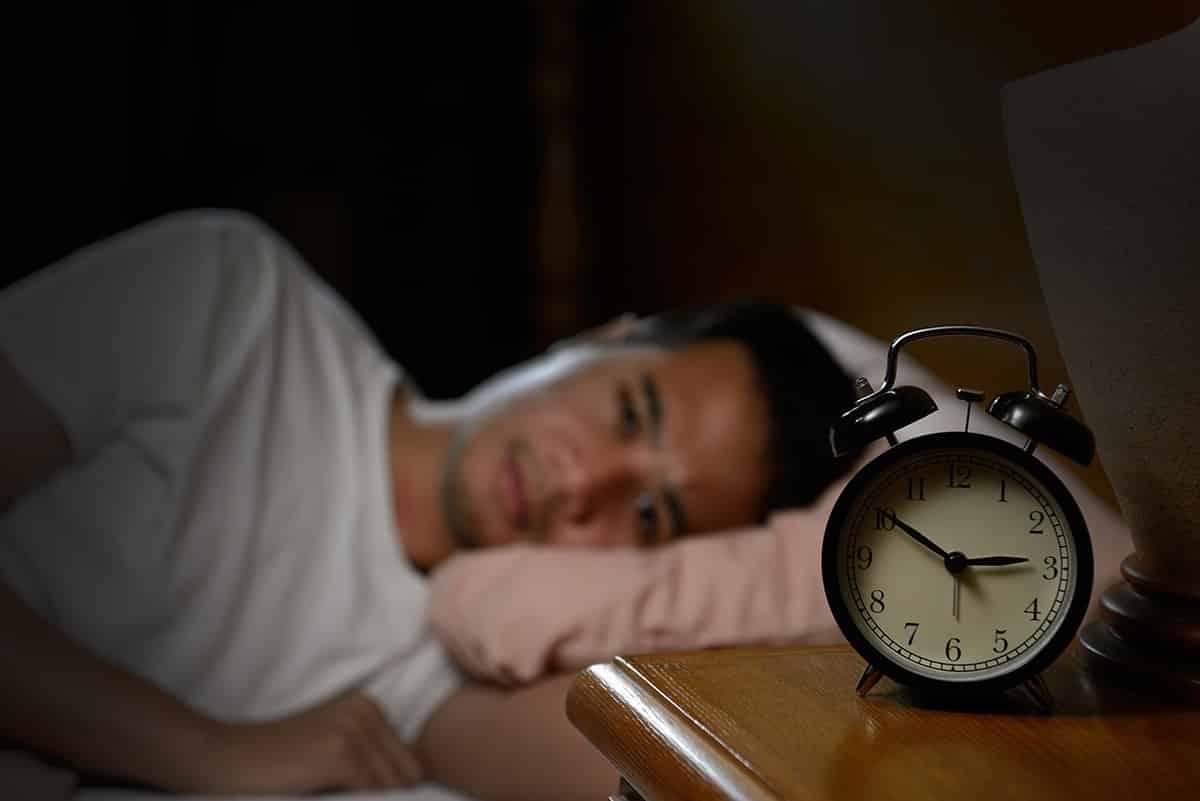Sleep deprivation undoubtedly affects one’s mood. When people haven’t gotten enough sleep, they may well find themselves feeling grumpy, irritable, sluggish, and generally ill-tempered. Lack of sleep has also been linked to anxiety and even depression.
This relationship can also work in reverse. “There’s a big relationship between psychiatric and psychological problems and sleep. So people who are depressed or have anxiety often have trouble with sleep as part of those disorders,” Dr. Lawrence Epstein, Medical Director of Sleep Health Centers and an instructor at Harvard Medical School, said in an interview with the Harvard Sleep website.
Just how does sleep deprivation contribute to poor mood? Let’s take a look at the research.
Sleep Deprivation And Poor Mood
According to one study, sleep deprivation may actually affect how our brains regulate emotion. Researchers asked 18 participants to stay up all night, and they were scanned to monitor their brain activity. The participants took a test after the sleepless night and the same test after a night of sleep. The test was designed to elicit emotional responses.
“It turns out we lose our neutrality [when we are sleep deprived],” researcher Talma Hendler told ScienceAlert. “The ability of the brain to tell what’s important is compromised. It’s as if suddenly everything is important.” As a result, sleep deprived people may find themselves overreacting to small issues, quickly becoming sad or frustrated, or losing their temper more often.
If you are consistently getting too little sleep, and your mood is negatively affected, you should see if there’s any way to shift your schedule so you can sleep more.
If you struggle to fall asleep in the first place, try practicing great sleep hygiene by going to bed at the same time every night and avoiding screens and caffeine before bed. Those struggling with long-term insomnia should chat with their doctor about some treatment options. And when you find yourself grumpy because of a lack of sleep, try your best not to overreact when unfortunate things happen.
[Editor’s Note: The content provided on this site is for general informational purposes only. Any information provided is not a substitute for professional medical advice. We encourage you to consult with the appropriate health expert if you have concerns.]
Featured image: SFIO CRACHO/Shutterstock

